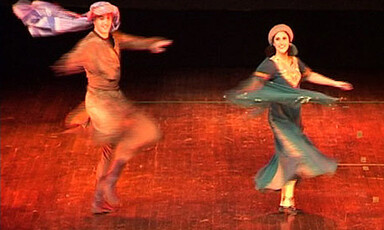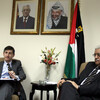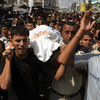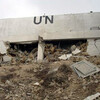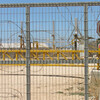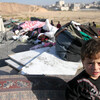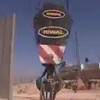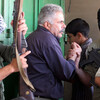
Eight killed, including child, in Fateh-Hamas clashes in Gaza Strip
2 October 2006
Eight Palestinians, including a child, and at least 115 others were injured in bloody incidents that included armed clashes in Gaza City on Sunday, 1 October 2006. PCHR strongly condemns these incidents, which extended to other areas throughout the Occupied Palestinian Territory (OPT), and calls upon the Palestinian National Authority (PNA), represented by the Attorney-General to investigate these incidents and bring those found responsible for them to justice. These clashes came in the context of increasing tension and mutual violence between Hamas and Fatah movements, especially as efforts to reach an agreement between the two sides and form a national unity government failed. Read more about Eight killed, including child, in Fateh-Hamas clashes in Gaza Strip
